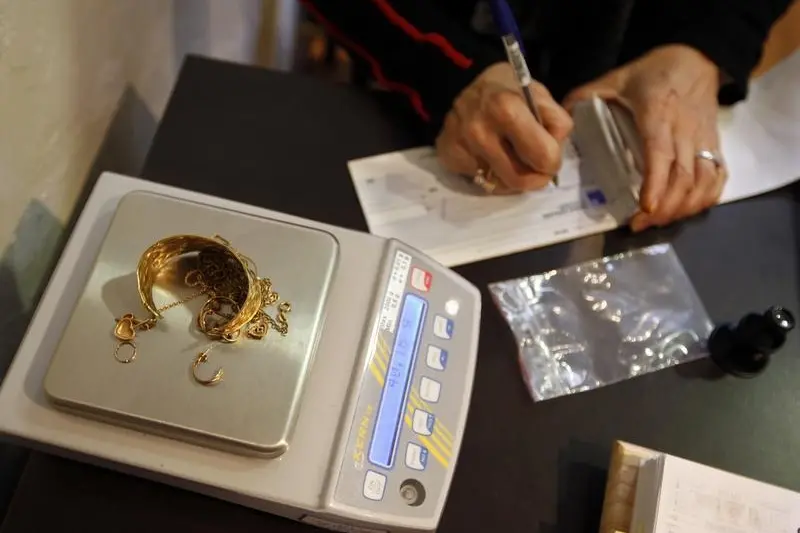PHOTO
By Mohammed Osman
Qatari courts receive about 20,000 cheques-related cases every year as the majority of the cases in the courts are related to civil and commercial disputes, says a senior Qatari lawyer.
Qatar is among the countries with low crime rates and therefore the number of criminal cases here are modest. However, the rapid growth in population is always associated with an increase in the number of lawsuits including criminal cases, said Hawas Menawer Al Shammari, Lawyer and Co-founder of Al Shammari and Al Hajri Law Firm.
Most of the commercial cases are related to cheques, properties, finance, forging, embezzlement, funding, rent and cheque-related cases top the list.
Cases related to bounced cheques are the highest in number, according to data released by the Supreme Judiciary Council recently.
Last Sunday alone the Misdemeanor court considered 86 cases related to bounced cheques, said the Council.
The Qatar Central Bank has instructed banks operating in the country to enhance measures to address the issue of returned cheques giving companies and individuals chances to rectify their financial status. Al Shammari said that most of the cheque cases are related to misuse of cheques.
Cheques are being used as a guarantee while the law considers it only as a payment tool similar to currency.
The only way to reduce the number of disputes related to cheques in the courts is to use the cheques in accordance with the provisions of the law and restore their natural status and value. They should be used as an order to a bank to pay a specific amount of money to the payee, and not as a tool of guarantee, said Al Shammari.
'More judges needed to deal with rise in cases'
“In Qatar cheques are being used as a guarantee for loans, house rent etc. Returned cheques and mismatch of signature prevent its use and all these practices are against the law,” he added.
Cheque has the same status of cash and therefore the Qatari law has provided them with legal protection like any amount of money.
Lawsuits related to bounced cheques are settled with payment of the amount mentioned in the cheque.
Al Shammari, however said there is no need to change or amend the law to stop misue of cheques, because the law has clearly stipulated and if cheque is used as tool for guarantee rather than payment, then it will not have legal protection unless the drawer writes on the back of the cheque that it is guarantee cheque.
Courts do not deal with cheques if used for guarantee but this should be confirmed on the back of the cheque, he emphasised.
QCB has indicated a number of reasons for bouncing cheques including lack of balance in the bank, mismatch of dates or signature, cheques becoming outdated, death of drawer, among others.
“My advice to all payees is not to receive cheques that are not signed in their presence”, said Al Shammari.
As for those who give cheques for rent payment transaction they need to sign an open ended lease contract or include a clause in the contract that it ends if he/she lost his job, to avoid lawsuits because of cheques paid in advance.
“Signing any agreement without reading or knowledge of the content is not reason to avoid conviction,” Al Shammari noted. He pointed out that rent cases are considered by the Rental Dispute Settlement Committee which issues administrative decision not verdicts, because these cases are considered as applications not as lawsuit.
But the decision of this committee can be challenged in the courts and its decisions are implemented through the courts.
The new rent law has not put any cap on rent increase and the issue has been left to the demand and supply mechanism. However, the old law had put a ceiling and that applies only to contracts signed before the issuance of the new law, said Al Shamamri. In the light of the current population growth rate, increase of lawsuits in the Qatari courts has seen a normal increase, and to deal with this an expansion in the number of different types of courts is required. Different types courts should be brought together in complexes, he added.
He emphasised that instead of creating committees with judicial power there is a need for appointment of more judges to cope with the increase in cases in the courts.
Al Shammari strongly objected the idea of creating committees with judicial power, because, it is against the Qatari Constitution, he said. Article 130 stipulated that judicial power is independent and courts with their different levels, and types are responsible of settling lawsuits and issue verdicts in accordant with the law.
"I am against solving disputes out of courts, because courts are more safe and have jurisdiction to implement its verdicts,” said Al Shammari.
Regarding delays in judicial procedures and litigation, Al Shammari said that spending long time to make the right verdict and achieve fairness is not a bad measure. Time is needed for all parties to defend and present evidence.
“However, the Judicial Procedure Code needs amendment specially the parts related to announcement to speed up implementation of verdicts,” said Al Shammari.
© The Peninsula 2017





















